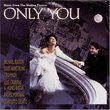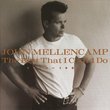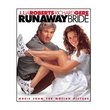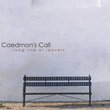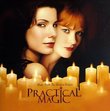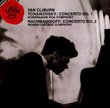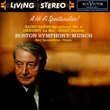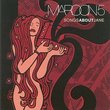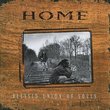| All Artists: Edward Elgar, Daniel Barenboim, London Philharmonic Orchestra, Philadelphia Orchestra Title: Elgar: Cello Concerto; "Enigma" Variations Members Wishing: 1 Total Copies: 0 Label: Sony Original Release Date: 1/1/2005 Re-Release Date: 10/18/2005 Album Type: Original recording remastered Genres: Special Interest, Classical Styles: Marches, Forms & Genres, Concertos, Instruments, Strings, Symphonies Number of Discs: 1 SwapaCD Credits: 1 UPC: 827969276327 |
Search - Edward Elgar, Daniel Barenboim, London Philharmonic Orchestra :: Elgar: Cello Concerto; "Enigma" Variations
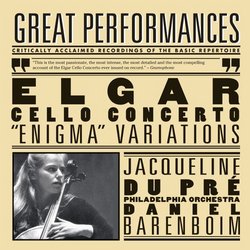 | Edward Elgar, Daniel Barenboim, London Philharmonic Orchestra Elgar: Cello Concerto; "Enigma" Variations Genres: Special Interest, Classical
Elgar: Cello Concerto; "Enigma" Variations |
Larger Image |
CD DetailsSynopsis
Album Description Elgar: Cello Concerto; "Enigma" Variations Similarly Requested CDs
|
CD ReviewsPassionate Jacqueline W. Buffam | West Chester PA USA | 01/24/2006 (5 out of 5 stars) "This is a wonderfully passionate recording of the concerto that has rightfully become as closely associated with Jacqueline Dupre as with the composer himself. I don't want to go into detail - just listen and drink it all in. I was lucky enough to hear Jacqueline play this piece live (in Manchester with the Halle in 1970), and this recording is every bit as moving. But, truth be told, my main reason for buying the CD was the Enigma Variations. On reading the score I discovered an ad lib organ part that fortifies the texture of the orchestra for a substantial part of the final variation. The recording I had (Andre Previn with the Royal Philharmonic) ad libbed it out. I tried to research which recordings had the organ ad libbed in, but couldn't find any indication anywhere on the Web. But, I thought, I have a recording of Barenboim with the London Phil playing Elgar's Cockaigne, and he certainly uses an organ in that recording, therefore...... and thus I discovered this wonderful CD. The Enigma Variations is given a very fine performance, more satisfying in several ways than in the Previn recording, not least because the brass is a little more prominent and bright (full disclosure: I'm a trumpet player). Oh, and the timpani in the Calm Sea and Prosperous Voyage quote are played - as tradition demands - with coins, not with the snare-drum sticks Elgar requests in the score. The result is a very very effective evocation of ships' engines. I'm giving this recording 5 stars because of the Enigma and the Cello Concerto. The CD also features the two most well-known of the Pomp and Circumstance marches. No. 4 is perfectly fine, but Barenboim gives No. 1 a very strange interpretation. He takes the march part at about a million miles per hour, and it sounds - to my ears, anyway - trivial and silly at that speed. It's even faster than a circus-march screamer. The mind boggles." A word about DuPre and the 'Elgar' Shalom Freedman | Jerusalem,Israel | 07/30/2007 (5 out of 5 stars) "Why has one piece of music here, the Elgar Cello Concerto played by Jacqueline DuPre become so legendary? Of course it is the music itself. It has an overpowerful haunting deeply hypnotic feeling. Elgar wrote it after his recovery from a serious illness towards the end of the First War, and his thoughts were certainly on the suffering of life, and the inevitability of death. DuPre brings to the piece not only her great mastery as cellist, but some deeper element of feeling. There is in the playing a sense of romantic abandoment of wild disturbance , and of intense and even ferious concentration. She seems to be Orpheus- like overtaken by the music and it seems to be playing through her whole body. It is almost as if too in the playing there is a sense of the illness which will later come to her, and which ironically, paradoxically painfully will deprive her of the feeling in her fingers and hands. She seems swept up by the music and yet all the while moving it to deeper and deeper levels of sorrow, pain and beauty. Music like this comes from the angels only." Gorgeous M. McGuirk | Co. Donegal Ireland | 01/04/2007 (4 out of 5 stars) "Of course this is a gorgeous piece, and she is the best. BUT, putting two versions of pomp and circumstance before the concerto is SO irritating. the moods are totally different and they are no preparation for the concerto. Why can't they just make CD's with what you want on them instead of filling them up with things you don't want?"
|

 Track Listings (21) - Disc #1
Track Listings (21) - Disc #1